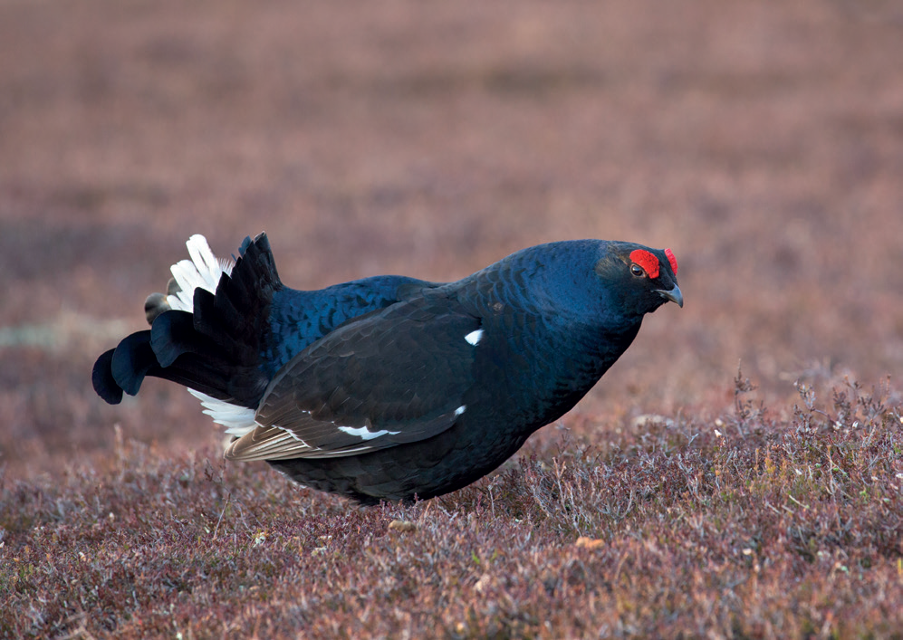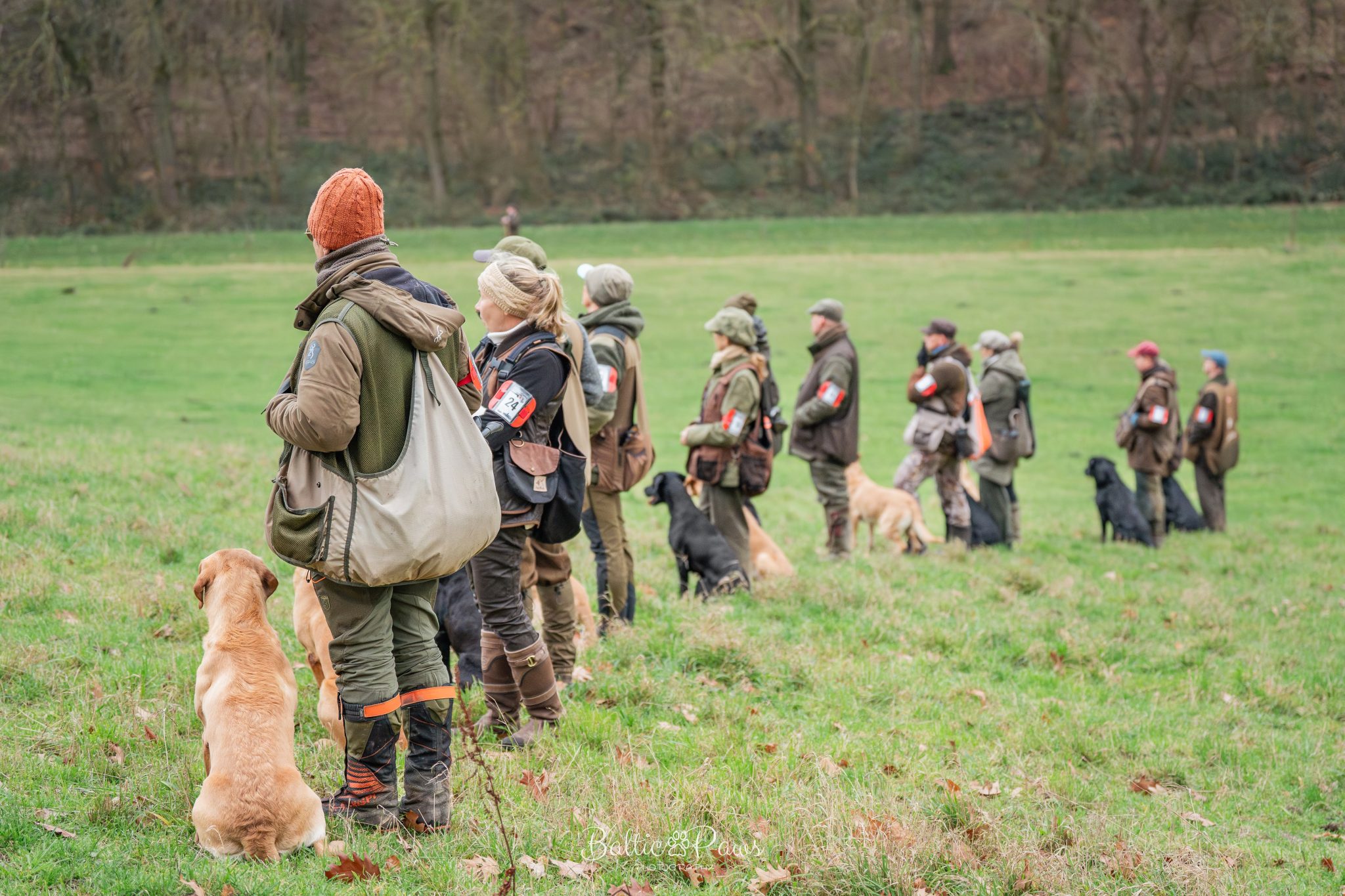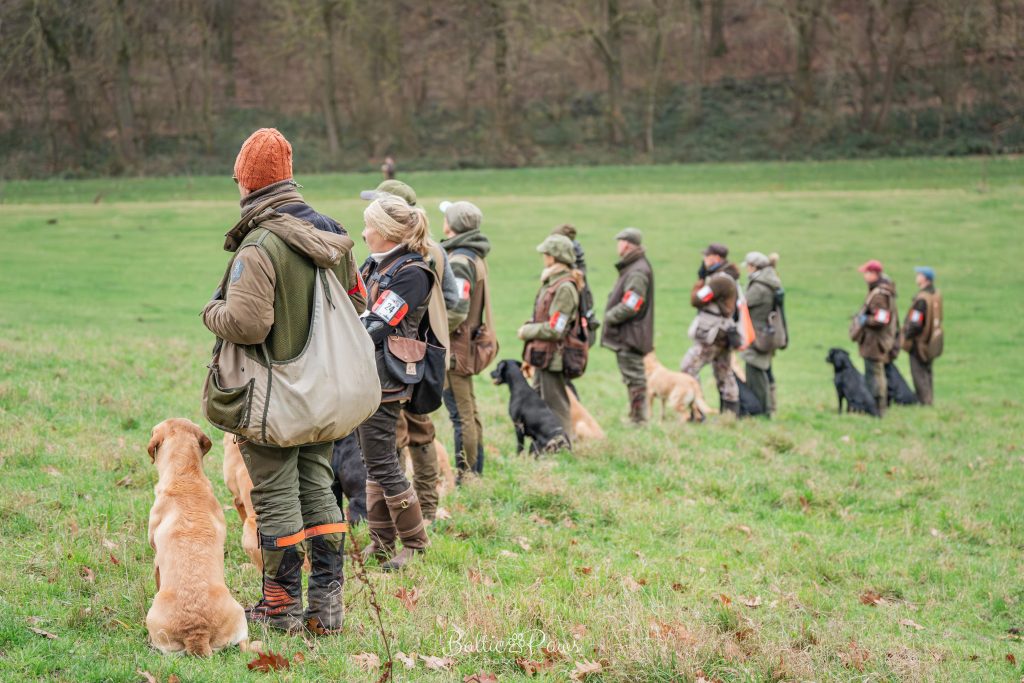The countdown is on for The British Shooting Show – book tickets online today and save on gate price!
Black grouse translocated to the North York Moors

A groundbreaking GWCT project that aims to expand the range of black grouse is showing early signs of success.
Conservationists have been using thermal-imaging cameras to catch the birds at night in their lek – the area in which their mating rituals take place – in the North Pennines in County Durham.
Following capture, the birds are carefully handled into hessian sacks to protect them and keep them calm, then transported south-east to be released on the North York Moors. The whole process is complete within two to three hours.
So far 20 birds have been translocated and, although two of them have died, researchers are feeling positive. The remaining black grouse have already re-established a lekking ground and are competing to breed with local females. If the re-establishment is fully successful it could become a blueprint for future projects.
Dr Phil Warren, the GWCT scientist who is leading the project, said: “This is the first step. If it’s successful here, we’ll be looking to the north and south of the range for opportunities to expand the project because, as we know, they were once present in every county in Britain.”
Related Articles
Get the latest news delivered direct to your door
Subscribe to Shooting Times & Country
Discover the ultimate companion for field sports enthusiasts with Shooting Times & Country Magazine, the UK’s leading weekly publication that has been at the forefront of shooting culture since 1882. Subscribers gain access to expert tips, comprehensive gear reviews, seasonal advice and a vibrant community of like-minded shooters.
Save on shop price when you subscribe with weekly issues featuring in-depth articles on gundog training, exclusive member offers and access to the digital back issue library. A Shooting Times & Country subscription is more than a magazine, don’t just read about the countryside; immerse yourself in its most authoritative and engaging publication.







